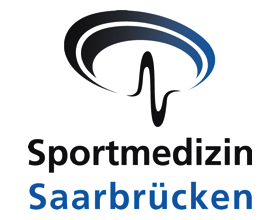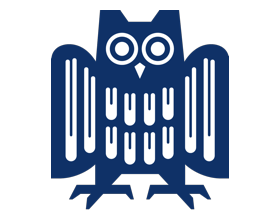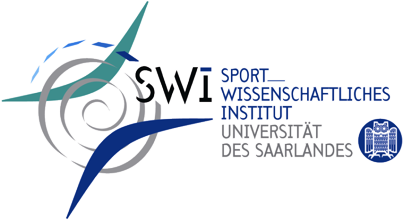Alumni
Alumni Students
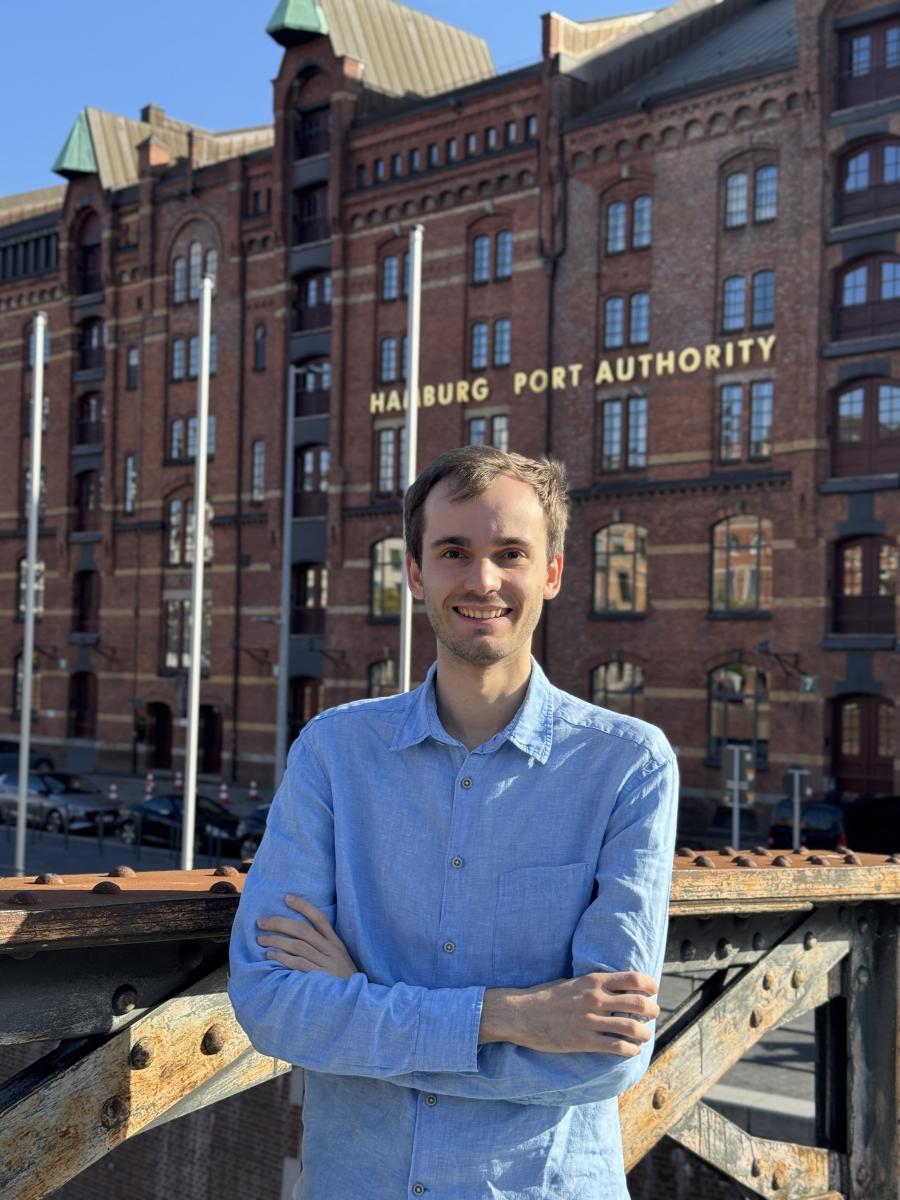
Dennis Alan Compton, Sport Psychological Expert – Kopfathleten
I am presently working as a Sport Psychological Expert at Kopfathleten. My job encompasses a multitude of different tasks. The main reoccurring ones being one-on-one coaching sessions, presenting insightful keynote lectures, and delivering sport psychological workshops for teams, players, parents, referees and coaches from all different sports including esports. I set off on this journey by choosing the specialist area sport psychology in elite environments offered by the international M.Sc. High-Performance Sport programme. This module offered me vast insights into the sport psychological field with renowned lecturers and also included an interesting visit to the TSG Research Lab. Following the conclusion of my master’s degree, I completed a one-year course at the Center of Mental Excellence (asp-curriculum) to become a certified Sport Psychological Expert and be included in the sports psychology expert database of the Federal Institute for Sports Sciences (BISp). During which time I worked and gained insights at club level with SV Darmstadt 1898 and Bayer 04 Leverkusen and at federation level with the DTB and the DFB.
The High-Performance Sport master’s programme was a great way to network with people from all around the world. Working closely together in small groups enhanced my intercultural competence and improved my communication skills. Furthermore, thought-provoking discussions enhanced my critical thinking and problem-solving abilities. Learning new skills such as how to analyse big data sets with Python and publishing the results of my master’s thesis was made possible due to the high-level of researchers at UdS. Moreover, the opportunity that UdS offers to choose your own specialisation modules and create and follow your individual pathway is a benefit facilitated by the well-structured programme guidelines. I am happy to have had these experiences and learned these skills at UdS that have enabled my academic and personal growth.
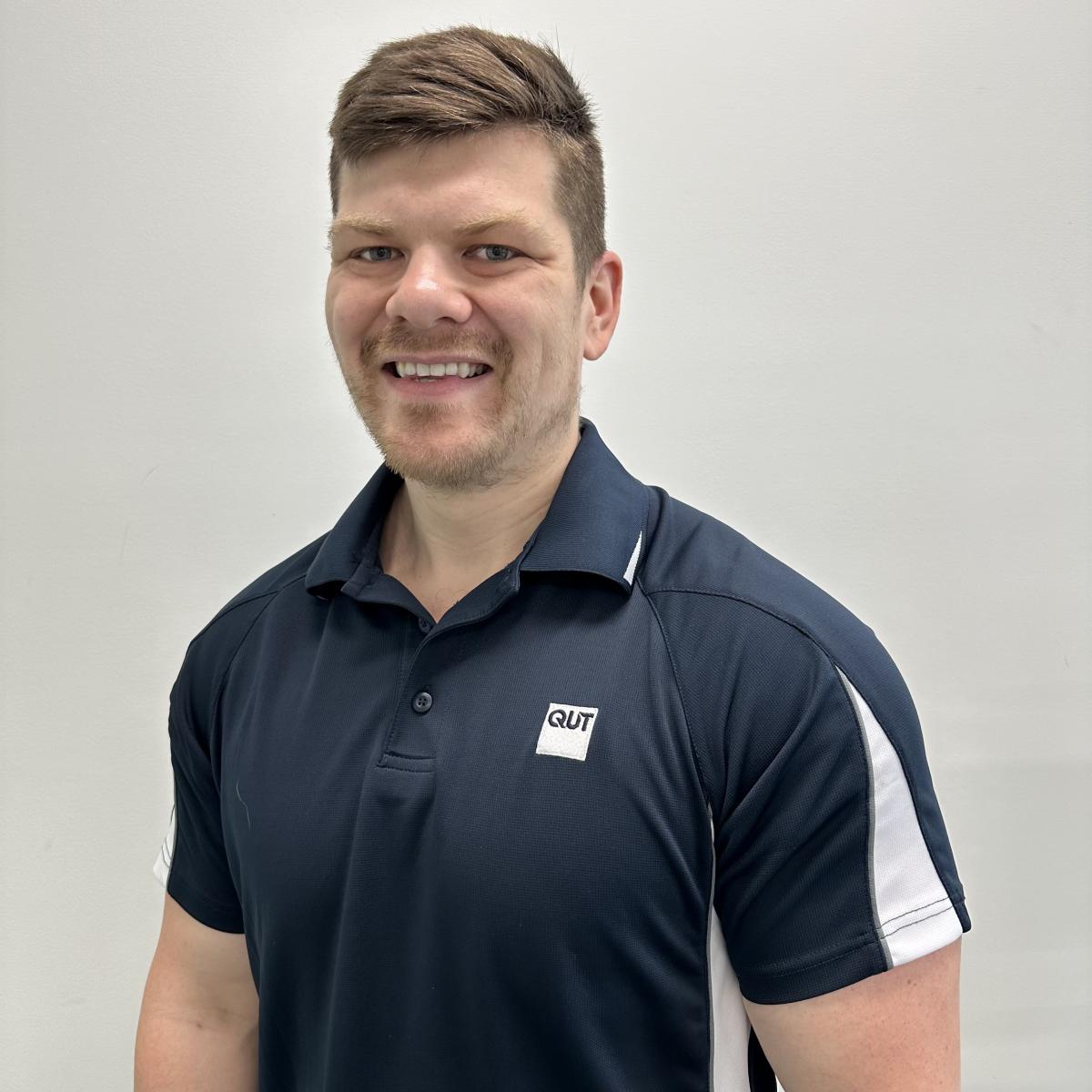
Samuel Lewis, PhD Candidate – Queensland University of Technology
After completing the International MSc High-Performance Sport, I was accepted as a PhD candidate to the School of Biomedical Sciences at the Queensland University of Technology in Brisbane, Australia. My topic assesses the effectiveness of custom-fit compression garments on muscle strength recovery and if they alter resting central haemodynamics. My other roles at QUT involve being a sessional academic, teaching biomechanics and anatomy, and being a part of the Higher-Degree Research Committee, representing all PhD Candidates within the school.
My time in Saarland at UdS was critical in my academic and personal development, allowing me to take on these roles. The program provided excellent networking opportunities with students and experts across Europe, small group sizes for personalized learning, and the chance to intern at multiple European locations. I had the opportunity to intern at the high-performance laboratory at University College Dublin, an invaluable experience that greatly contributed to my growth and success.
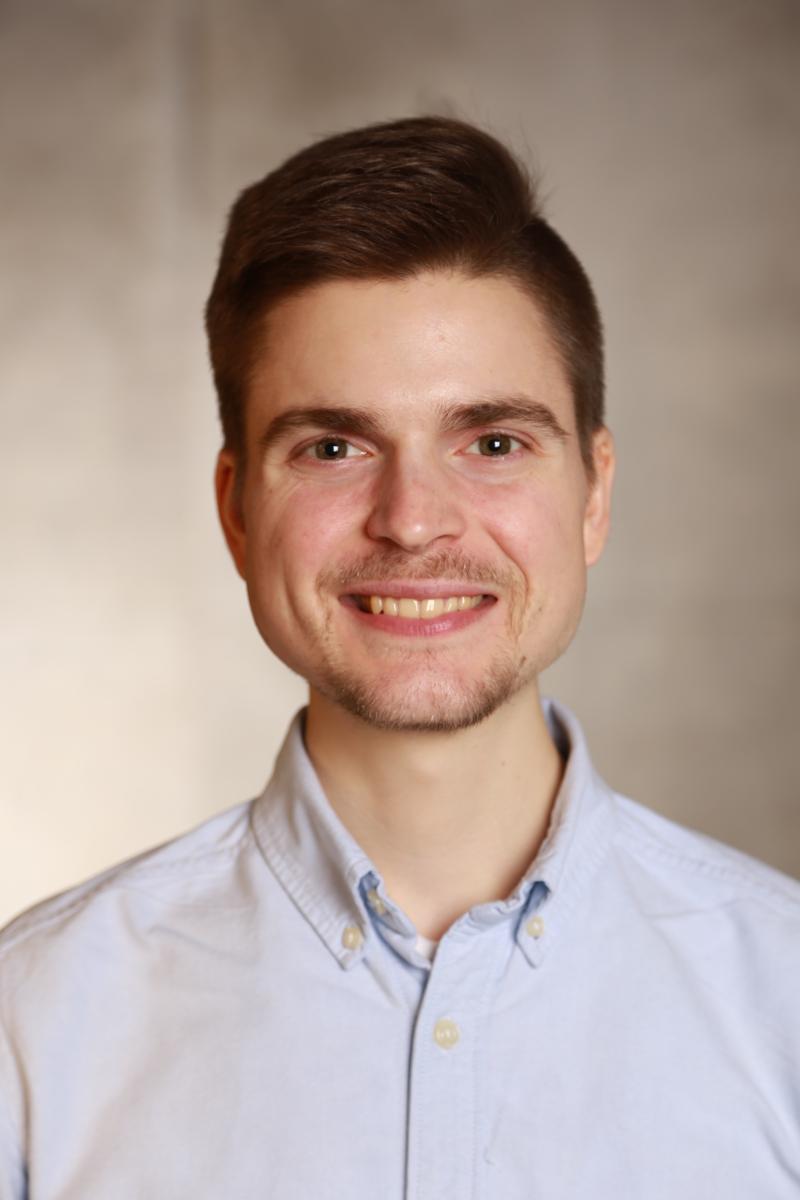
Matthias Weinfurter, Research fellow Sports managememt - Koblenz University of Applied Sciences
Currently, I work as a research fellow at the Koblenz University of Applied Sciences (Remagen, RheinAhrCampus) in the field of sports management. My main task includes working on and conducting various research projects, mostly in the area of sports infrastructure in Germany. Other projects focus on the voluntary engagement of sports club members, or on sports facility development plans for municipalities in Germany. A large part of my work involves collecting, analyzing, and processing extensive statistical data. Additionally, during my time at the university, I have been involved in writing and, for the most part, independently designing a variety of research proposals. Until recently, I also took on the role of advising students in the Bachelor's program in sports management.
At the end of 2023 I also started my doctorate on the topic of „Resilient Sports Infrastructures - Possibilities for creating resilient sports Infrastructures in flood risk areas “. In the context of my Ph.D., I am focused on how resilient sports infrastructure can be created, with a specific focus on the 2021 centennial flood in Germany (specifically the Ahr Valley region in Rhineland-Palatinate). This includes not only the purely engineering aspects of sports facilities (i.e. whether a sports venue is resistant to disaster or crisis events), but also social aspects (i.e. social resilience within sports clubs or groups). In the context of the Ph.D. project, sports infrastructure is considered not only as sports facilities and spaces, but also as social infrastructures that enable organized group sports, establishing a connection both to physical spaces and social settings. Resilient sports infrastructure thus refers to the development of regional capabilities for prevention, rapid rebuilding of sports facilities and spaces, but also to the immediate implementation of available concepts after crisis events to maintain social infrastructure (e.g. sports clubs, sports groups). The goal is to preserve and quickly restore a sports infrastructure that enables the formation of social capital as an essential resource for problem-solving by social groups. Therefore, I also explore the impact of disasters on the social capital of the (sportively active) population in the region. The aim is to present sustainable, usable, and practical ways to create resilient sports infrastructures and to transfer the results to the relevant stakeholders in municipal administration, politics, and society.

Piermaria Colistro, First team performance coach/Sport Scientist - OH Leuven Football Club
In Belgium after having start in the U16 of the Jupiler league club KV Mechelen in October 2023, I am now working as sport scientist and physical coach of the U15 of National team of football. My tasks in my job are different. Some of the most relevant are planning the periodisation, the administration of training plans, sessions and functional tests, monitoring and managing the players load, implementing recovery strategies.
The master program High performance Sport at Saarland university was the best decision to pursue my dream of working in professional football. The program offers an elite level education of the high-performance sport at 360 degree with elite professors. Additionally, the master gives a lot of practical opportunities and connection in the elite sport environments. For me indeed a key part of the master was the internship at TSG Hoffenheim 1899 offered from the university, which gave me enough practical experience to first apply and then start working at elite level once my studies were finished.
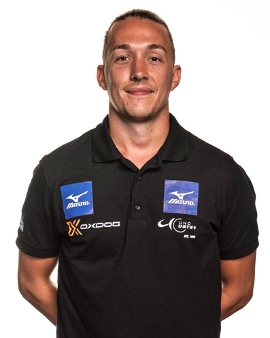
Luca Rohner, Head of Performance Sports at Swiss Karate Federation and S&C Coach at UHC Uster
I currently hold two different job positions. My main job has been Head of Performance Sports at the Swiss Karate Federation since the beginning of 2022. I am responsible for the entire high-performance sports area within the federation and its further development. I am leading a team of six staff members and I am responsible for the junior and senior national teams consisting of a total of 80 athletes. Since the 2021/22 season, I have also been Strength & Conditioning Coach at UHC Uster, a Swiss floorball team that plays in the highest league in Switzerland. I am responsible for the planning and implementation of the Strength & Conditioning trainings for the 1st team as well as for the U21.
During the International M.Sc. High-Performance Sport, I was able to acquire skills and knowledge in various areas that help me in my day-to-day work. In addition to the subject-specific knowledge acquired in areas such as "Injury prevention", "Strength & Conditioning", "Mechanisms of Training Adaptation", the soft skills acquired during the M.Sc. are particularly important for me. During the master program I managed to further develop and improve soft skills such as personal responsibility, teamwork, communication skills, and – very importantly – problem-solving skills, which are all indispensable in my everyday work. Furthermore, due to the international character of the degree program, I became much more confident in English, and it helped me to develop my intercultural competencies. This enables me to easily lead discussions and meetings in English and work with people from different cultural backgrounds. This is essential in both of my jobs.
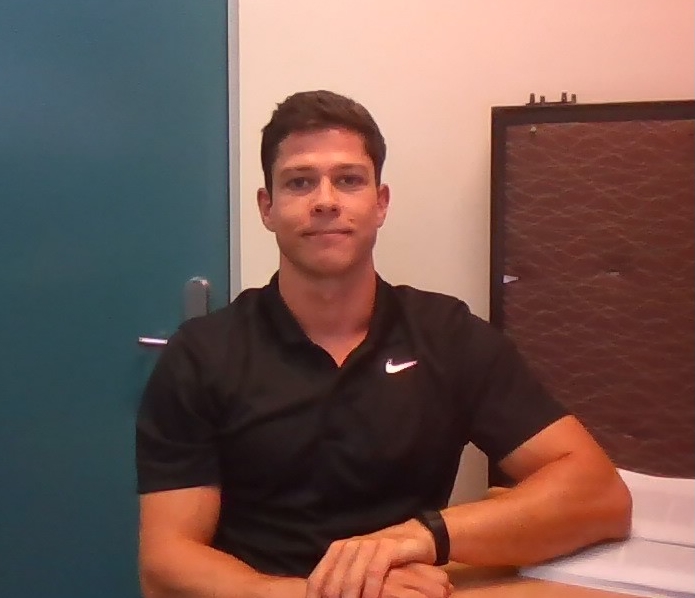
Philipp Beranek, PhD candidate - Edith Cowan University Perth, Australia
I am currently a PhD candidate at Edith Cowan University in Perth, Australia. The M.Sc. program prepared me for this challenge in many ways. For instance, through small research projects in seminars and more extensive research projects that I worked on as part of my thesis, the M.Sc. program allowed me to experience conducting research. Thus, I have faced and solved issues that occur when conducting research, which gave me a solid base of skills and the confidence to do a PhD. Furthermore, the M.Sc. program allowed me to develop many competencies, which will help me during the PhD. Specifically, working independently as well as in a research team and collaborating with international researchers are essential skills. During the M.Sc. program, I got comfortable with scientific English, particularly reading scientific work, writing research articles, presenting studies, and communicating with international participants, researchers, and practitioners, which is paramount in the high-performance sports field. Moreover, the opportunity to do an internship and seminar projects involving athletes and coaches gave me valuable experience that is beneficial when working with athletes and practitioners during my PhD and later on in a sports scientist role. Further, the M.Sc. program taught me to think and work at a high scientific standard and to make research translatable into practice at the same time.
Additionally, I have gained essential research skills, such as critically assessing scientific work, planning research projects, recruiting participants, collecting and analysing data, and writing research articles. Overall, I’m glad to have done this M.Sc. program which taught me essential competencies and made me confident for my PhD journey and future sports scientist roles in the high-performance sports field.
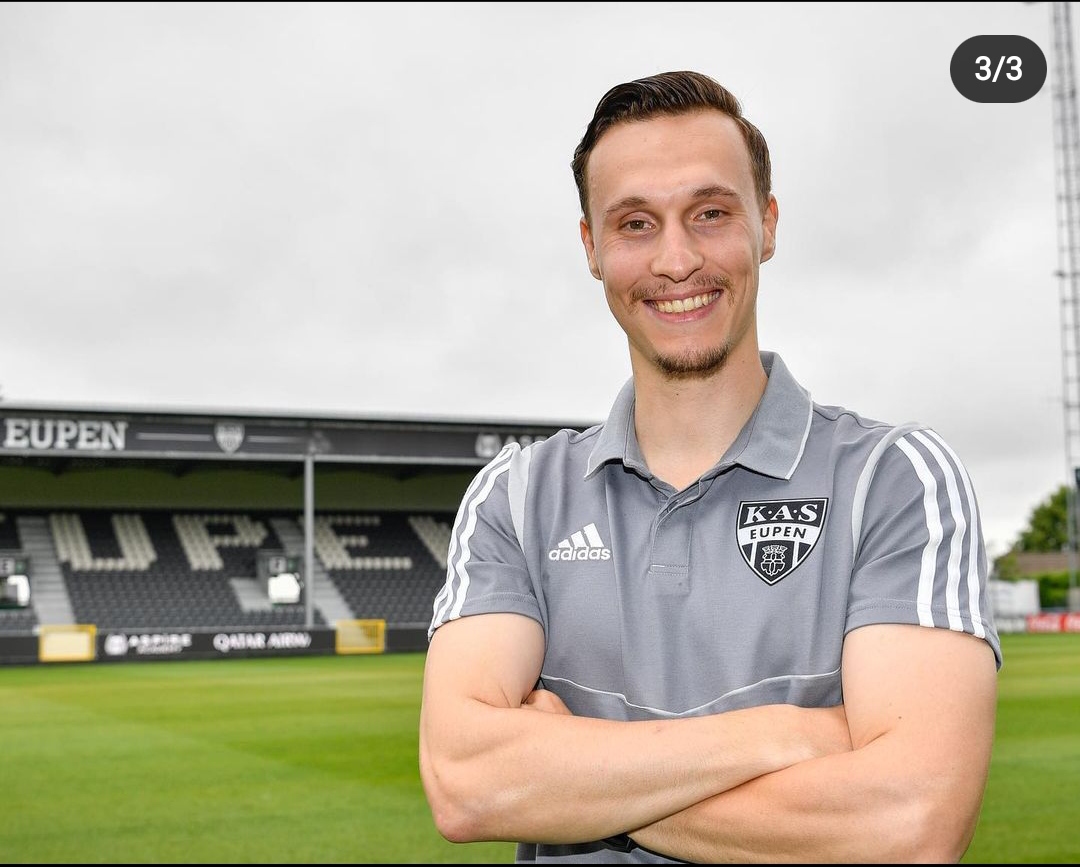
Yanni Egyptien, Sports Scientist (athletic training) - KAS Eupen
My current job title is a combination of two job profiles and can be described as first team strength and conditioning coach and sports scientist at KAS Eupen (Belgium). We are a small and internationally mixed staff. For this reason, we need to communicate even better and work closely together. The MSc program helped me to get involved in an international group, to find my way around and to collaborate constructively on different topics. Thanks to the broad range of sports science topics covered in the program, I feel able to apply them independently on the job and manage them in practice.
First and foremost, the MSc HPS offers an excellent opportunity as a non-native speaker to improve the English language and to apply it practically via sports science topics. The exchange in a small group allows to get to know each other better and to make closer friends. Thanks to this, I am still in contact with my fellow classmates and we have given each other advice on how to put theory into practice during the Master's program. That's what makes the small study program so special. In addition, the compact size of the program helped me to write a practice-oriented master's thesis and to do an internship at Benfica Lisbon, where I was also able to combine theory and practice relevant to my job in football.
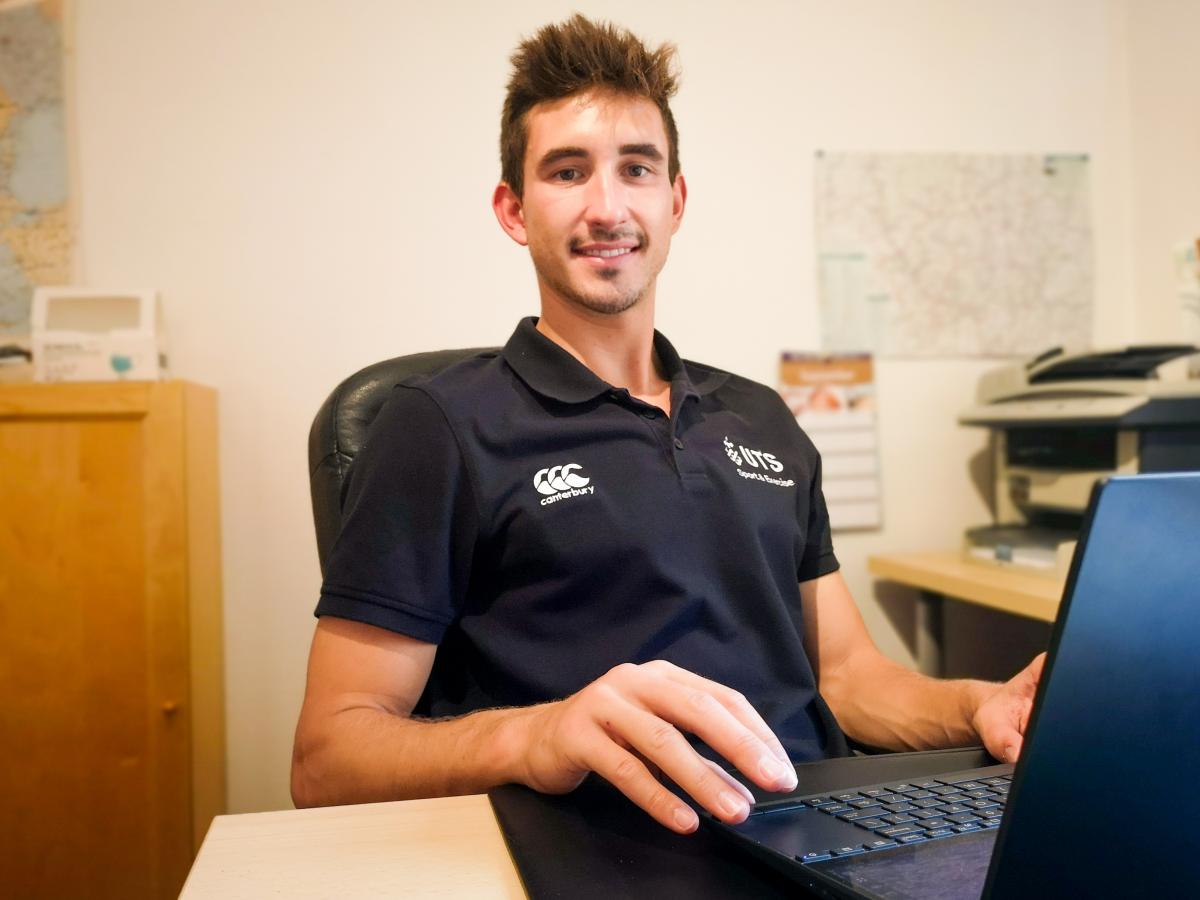
Edgar Schwarz, PhD candidate (Football in the heat) - Institute of Sport and Preventive Medicine
I am currently a Ph.D. candidate at Saarland University and the University of Technology in Sydney. The M.Sc. program thought me how to critically read and interpret research papers, develop and present my ideas, and gave me a solid knowledge base in various sport science fields. On my two research stays abroad (Groningen, NL & Sydney, AUS) I learned how to work in international research teams, conduct studies and transform them into articles for research journals. Now, after three published papers on which I am the first or second author, I feel very well prepared for the Ph.D.-quest. Lastly, the various opportunities to network helped to set me up well for my current role.
Along the way, I learned some valuable competencies, that help me to work more efficiently as a Ph.D. candidate. Besides more general skills, like working self-structured, communicating, and behaving professionally in a research team as well as with practical partners and organizing literature and converting it into my own scientific writing, I also learned some more specific skills. Building surveys with different programs and acquiring participants for those, organizing and analyzing big data sets with Python, and finally getting your research published are some examples of these. The M.Sc. definitely gave room to develop skills in my own interest, for me as you can see the focus was set on scientific work.
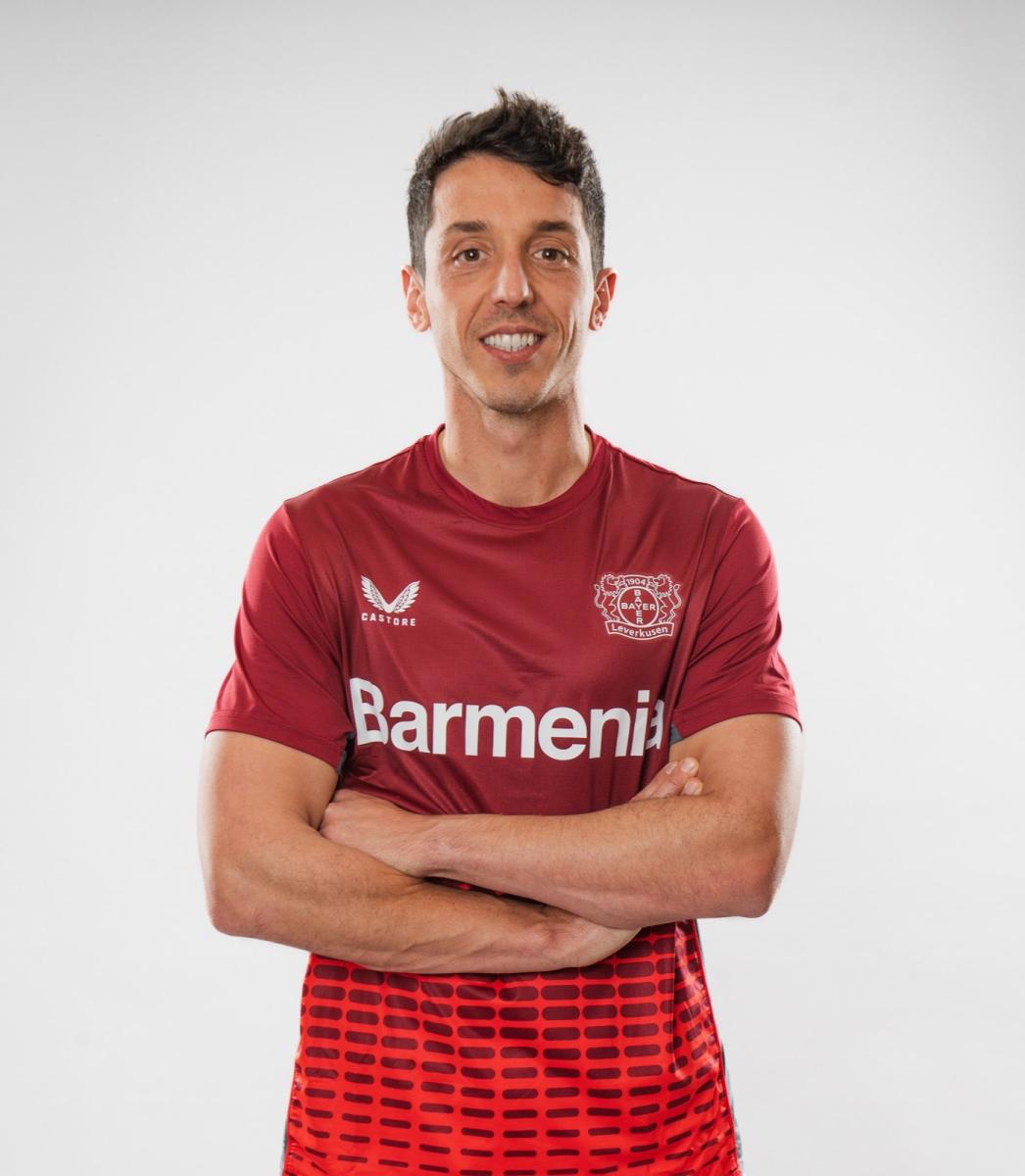
Vicente Morales, Physical Performance coach U19 - Bayer 04 Leverkusen
I would say that the experience at the International M.Sc. High-Performance Sport has brought me the learning and development of both professional and personal competencies. The former in terms of knowledge and cognitive abilities such as self-reflection, inquiring mind and problem solving. I think these capabilities are very useful for me in a context where the timing is short and fast, and the expectations are high. While the latter with regard to personal abilities such as integrity, responsiveness to change, and responsibility. In my opinion, studying this M. Sc. degree offers the opportunity to acquire these competencies not only due to its study plan and open-minded professors, but because of the experience itself. This means the possibility of meeting and debating with people from different countries and cultures; the need to adapt and live in a different country; or the daily situations that make you to know yourself better. I believe -with almost no doubt- that the things learnt during these past experiences help me in my job position in the present.
Michelle Reed, Junior Store Manager - CANYON Bicycles , Sports nutritionist (online sports nutrition consultations) - Michelle Reed Nutrition
